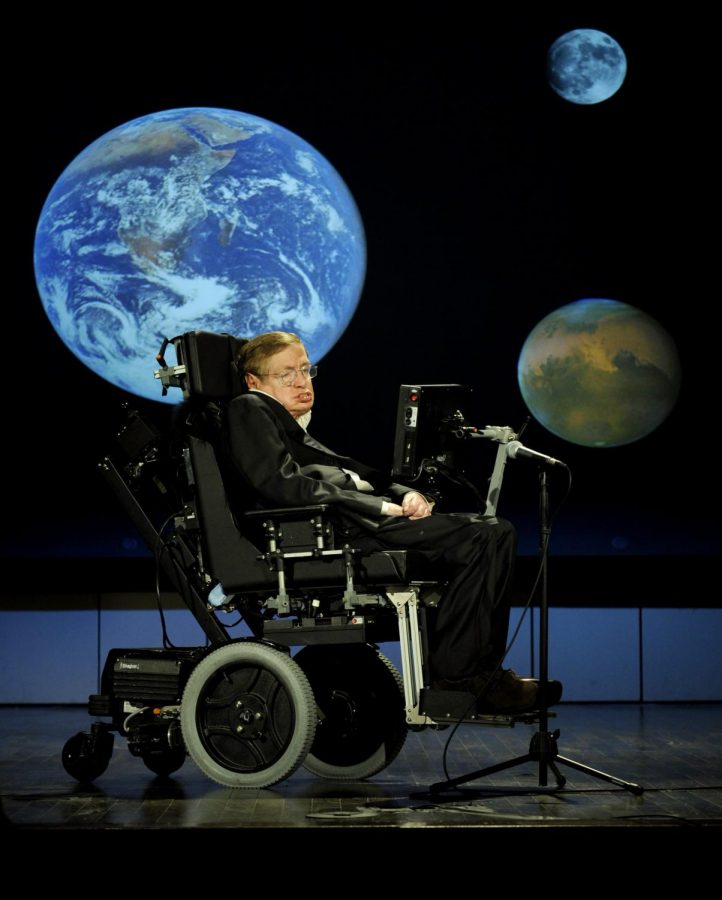A Loss to the Universe: Stephen Hawking’s Passing
Stephen Hawking was one of the greatest minds of our time, and his contributions to theoretical physics are unquestionably impactful. Hawking was born in England on January 8, 1942, and passed away at his home in Cambridge on March 14, 2018.
In 1963, at the age of 21, Hawking was diagnosed with Lou Gehrig’s disease, or ALS, which took away his ability to talk and move. Physicians predicted he had two years to live, yet this only motivated Hawking to work even harder and pursue a Ph.D. in cosmology. He ended up living to 76 years of age. Not only did he obtain his Ph.D., but during that time, he also added to our fundamental understandings of the universe as a whole.
For thirty years, Hawking was the Lucasian Professor at Cambridge, which was the same position Isaac Newton held in 1663. Stephen Hawking also received over a dozen honorary degrees. He was a fellow of the US National Academy of Science and the Royal Society, the world’s oldest independent scientific academy. He wrote various books during his lifetime as well such as A Brief History of Time, The Grand Design, and The Universe in a Nutshell. It’s no surprise from his countless achievements that Stephen Hawking is regarded as one of the smartest and most accomplished theoretical physicists since Albert Einstein.
Hawking’s work and theories were both numerous and groundbreaking. Along with Roger Penrose, a mathematician, Hawking produced gravitational singularity theorems in the framework of general relativity. He also made the theoretical prediction that black holes emit radiation, which is now called Hawking radiation. He was the first to put out a theory of cosmology. Hawking supported the multiverse theory of quantum mechanics as well. His outstanding advancements in the world of science make Hawking one of the most brilliant minds of our time.
Hawking has greatly affected the science community as a whole, including the science community here at SHS. Much of the student body looked up to Stephen Hawking because of his extraordinary work. “As a researcher, I felt that Stephen Hawking was an inspirational figure for me not only because of his outstanding research but also because of his ability to persevere through his deadly disease,” commented Ashwin Sriskanthan ’20.
Overall, Stephen Hawking was one of the most brilliant minds of our day. His passing saddens the scientific community and the world, yet his contributions to science will live on. “I relish the rare opportunity I’ve been given to live the life of the mind. But I know I need my body and that it will not last forever,” stated Hawking.











